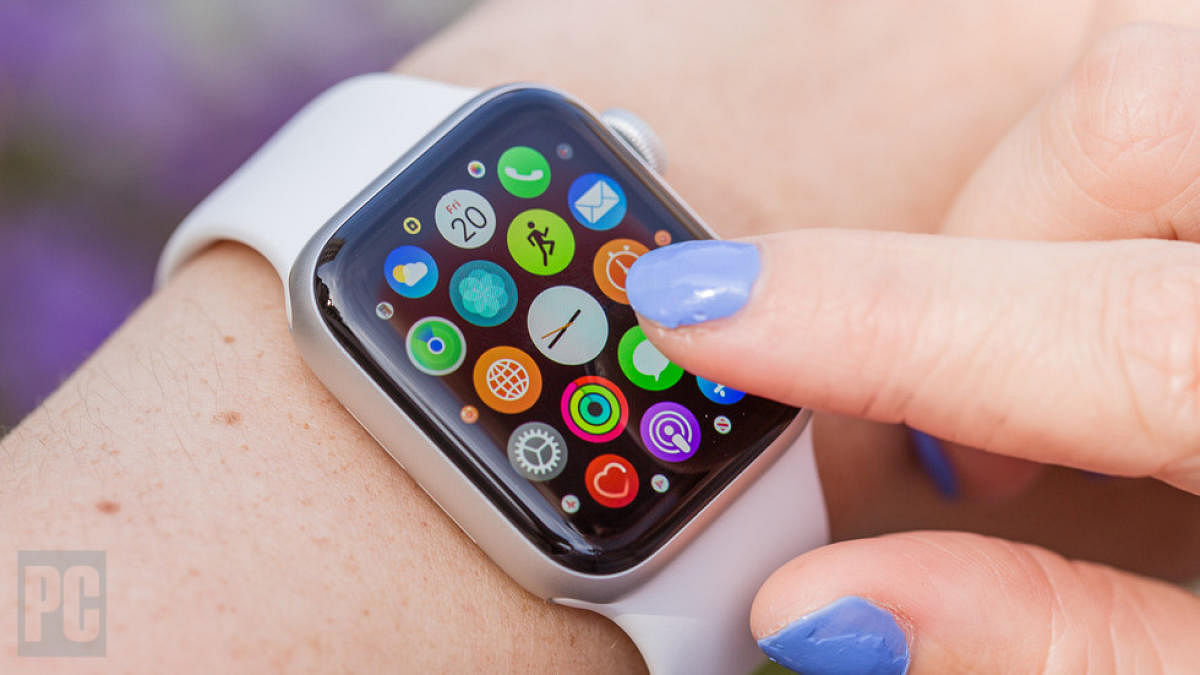
From aviation to food delivery, businesses across industries and sectors are adopting analytics. In fact, the analytics industry in India is projected to double in size by 2025. Healthcare will play a significant role in contributing to the growth.
Companies are coming up with smart watches that lets users maintain their healthcare records. With this they plan to collect data-based insights and discover opportunities for faster diagnosis, better products, and more effective cures. Using their integrations, tech giants in association with healthcare sector are paving way for a new sector, namely wearable healthcare.
These trends indicate one fact — healthcare analytics is definitely here for the long haul. The questions that remain are in regards to the possible opportunities and the inevitable changes that will come with this paradigm shift in the way the industry operates.
The possible challenges are:
First is India's deficiency of a trained medical workforce as per WHO guidelines. This leads to an inability to explore all possible applications with regards to healthcare analytics and its solutions. Although MBA institutes have started offering courses such as PGDM in Healthcare Analytics, and MBA in Health Management as a specialisation, the workforce is not coming in fast enough. A higher number of professionals in the field could mean the discovery of tech-based solutions for maintaining patient records, lowering costs, diagnosis accuracy, among others.
Second is the critical risk of possible data leaks and inconsistent information. According to a healthcare analytics startup in the US, “essentially all of the ways we secure our health data — from APIs that transmit it, to the actual storage on disk, the data is at risk of being completely and utterly broken. Along with being stolen."
In terms of possible opportunities, there are several:
India's ever-growing hospital industry is expected to grow at 16-17% by 2022, with a projected valuation of $322 billion, indicating the likelihood of substantial investments in healthcare tech.
In the near future, there will be a huge demand for healthcare analytics professionals in roles such as pharmaceutical product manager, medical practice manager, and data analyst, among others, in hospitals, government healthcare centres, technology companies, home healthcare agencies, etc.
The high cost that comes with the current way patients are cured could be significantly lowered with the help of analytics. By reducing healthcare waste and focusing on clinical outcomes, along with automated treatment plans, sans human resources and hospital admission, the bills could get smaller, and people will get cured faster.
Analytics will help predict, prepare for, and in some cases, prevent future disease outbreaks. Moreover, it will also help in gathering the information required for much-needed initiatives by government health organisations and assisting in the allocation of appropriate resources.
No matter what kind of future healthcare analytics holds, and regardless of the opportunities and the challenges, analytics will play a vital role in the foreseeable future of personal and public health and is set to grow into an industry worth hundreds of billions of dollars in the near future.
(The author is with Krupanidhi School of Management)